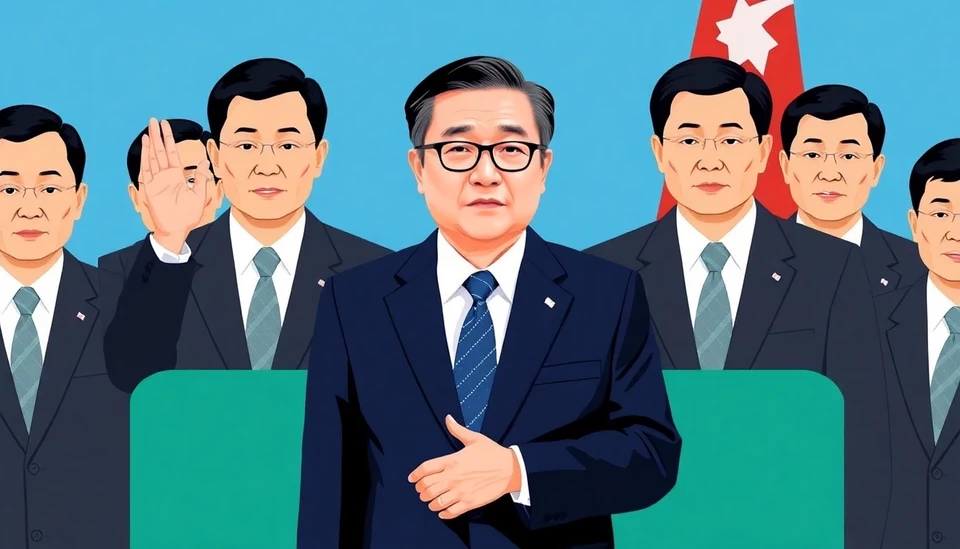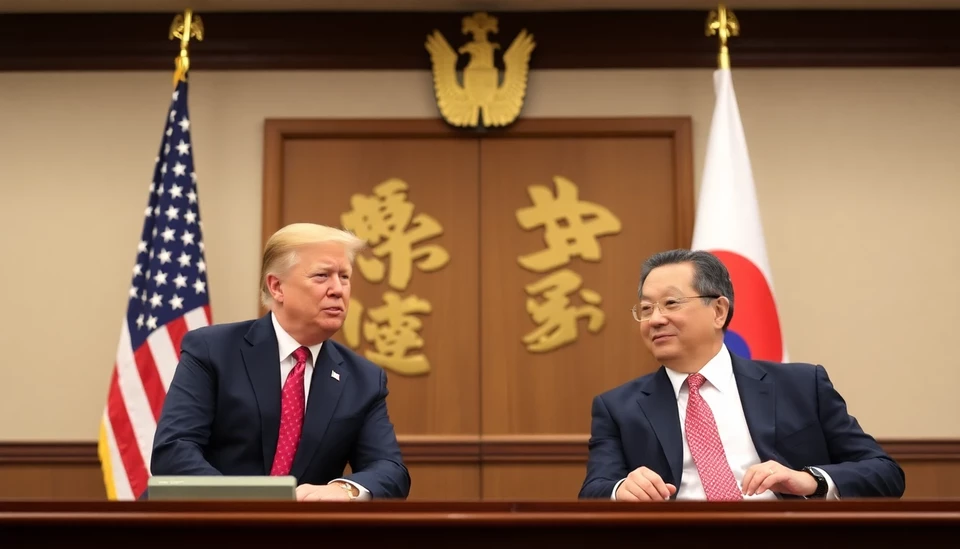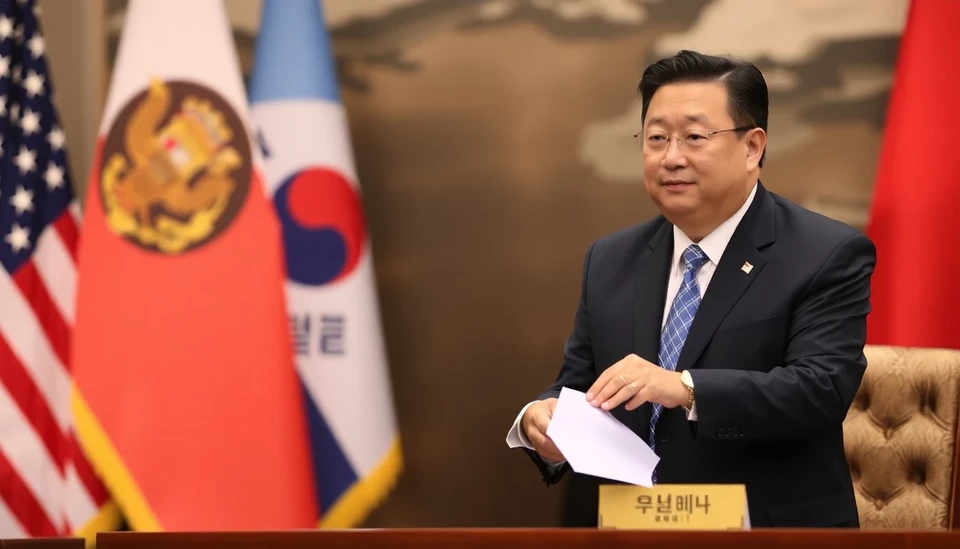
In a pivotal moment for South Korean politics, the country's Constitutional Court is on the verge of making a significant ruling regarding the impeachment of Prime Minister Han Duck-soo. This development has stirred considerable interest within the nation as well as internationally, as it could have far-reaching implications for the stability of the current administration.
The impeachment motion originally stemmed from allegations that Prime Minister Han had been negligent in his duties during an intense economic crisis that saw soaring inflation rates and a series of political controversies. Opponents argue that Han's leadership has failed to effectively address the pressing economic challenges, while supporters insist that the Prime Minister has worked diligently under extraordinarily difficult circumstances.
In December, the National Assembly voted to impeach Han, triggering a process that culminated in an appeal to the Constitutional Court. During the hearings, which have been closely scrutinized by the public and political analysts alike, both sides presented compelling arguments. Proponents of the impeachment highlighted what they perceived as poor handling of economic policies, while Han's defense emphasized the importance of stability and continuity in leadership amid crisis.
Public opinion surrounding the case is notably divided. Polls indicate a sharp split among citizens, with some residents expressing outrage over the Prime Minister's perceived inaction, while others actively defend him, citing the unprecedented challenges that have plagued the nation’s economy. The outcome of this impeachment case is likely to mirror this societal divide and could either consolidate or further polarize the political landscape in South Korea.
The ruling by the Constitutional Court is anticipated to be delivered shortly, with many experts suggesting that its timing could coincide with upcoming elections. As such, the decision will undoubtedly play a crucial role in shaping the future of South Korean governance and the dynamics within the National Assembly.
Furthermore, this impeachment case can be seen as a reflection of deeper issues within South Korean politics, highlighting ongoing tensions between different political factions. The verdict will not only influence the careers of those directly involved but also signal the direction of the political climate in South Korea as it navigates through its current economic and sociopolitical challenges.
As the nation waits with bated breath for the Constitutional Court’s decision, the implications of this ruling extend beyond the immediate political sphere, potentially affecting international perceptions of South Korea’s governance as well.
In conclusion, the Constitutional Court's imminent ruling on Prime Minister Han Duck-soo’s impeachment stands as a significant moment in South Korean politics, one that will be closely observed not only domestically but also across the globe.
#SouthKorea #Impeachment #PoliticalNews #HanDucksoo #ConstitutionalCourt #EconomicCrisis #PoliticalStability
Author: Rachel Greene




